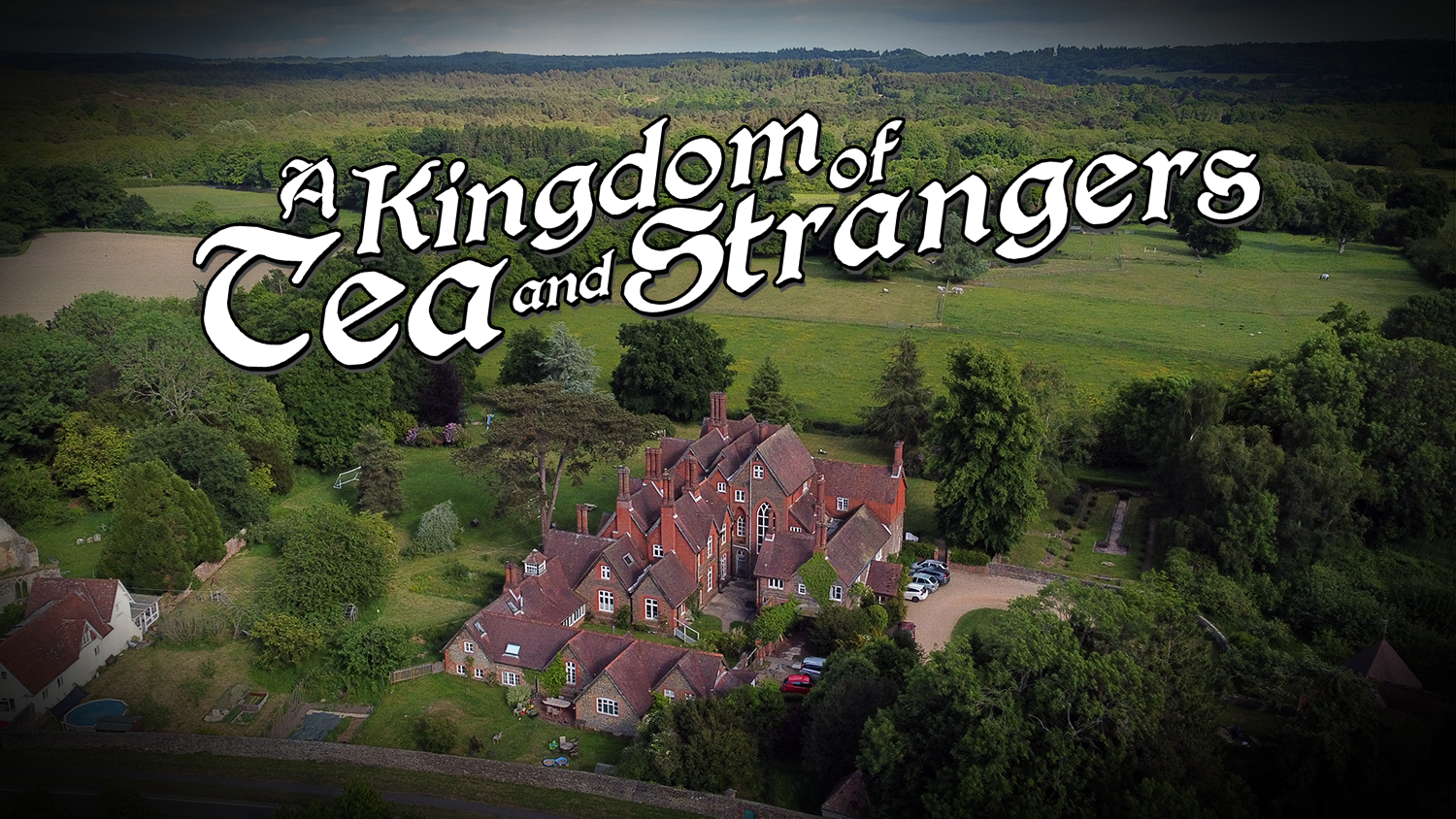“This is God’s work. It grew like a tree, and in God’s own time it will die. The shelter didn’t begin as an institution; it began as a family. And by the grace of God, it’s a family still. There are flowers on the table; they call you by your name. There is a fullness of humanity there in a fallen world.”
Login to read more
Sign in or create a free account to access Subscriber-only content.
Topics:
